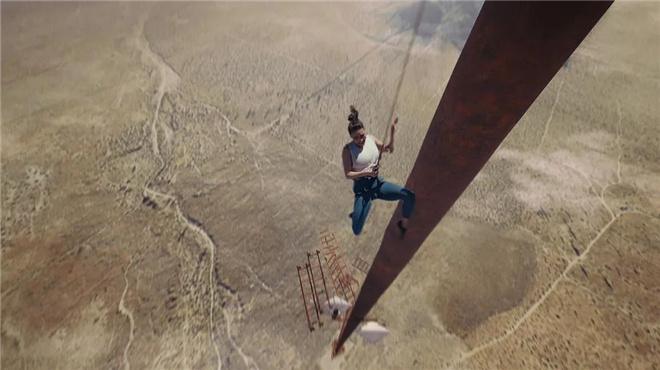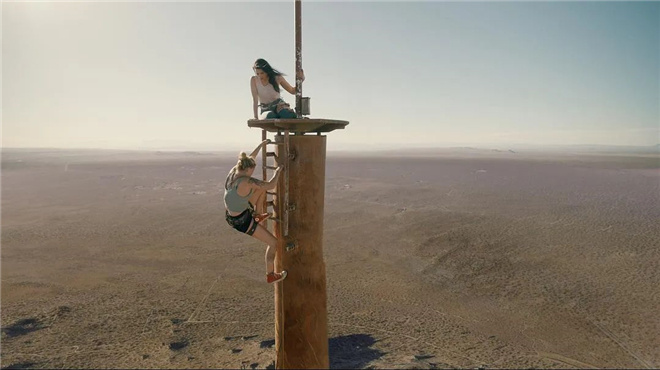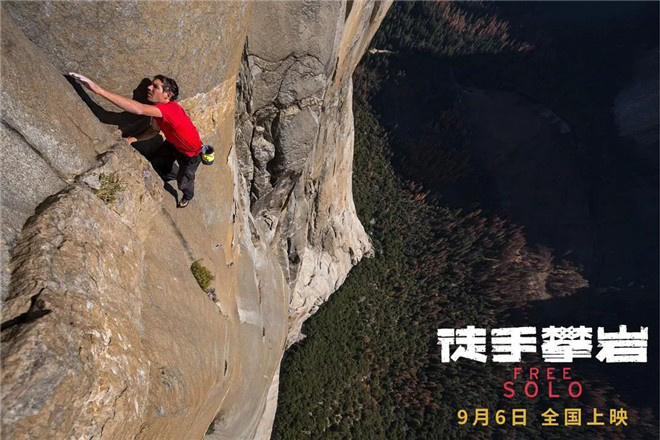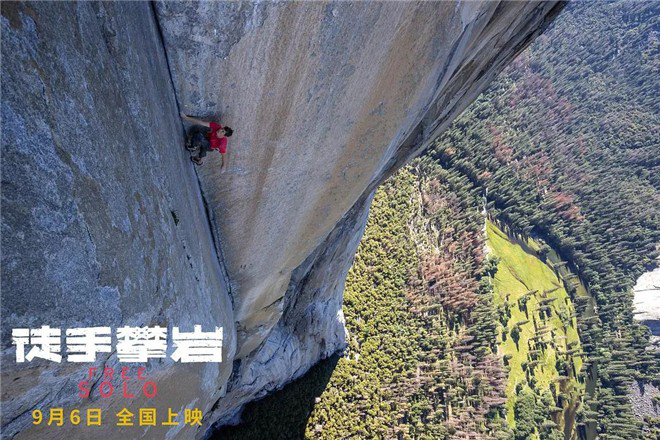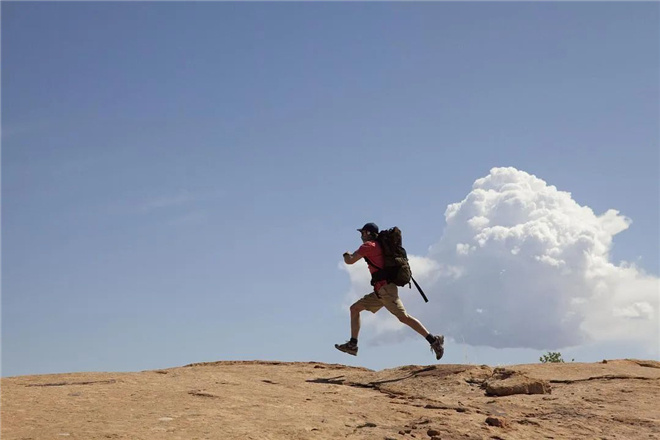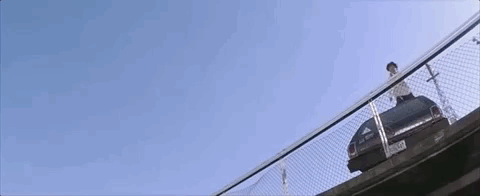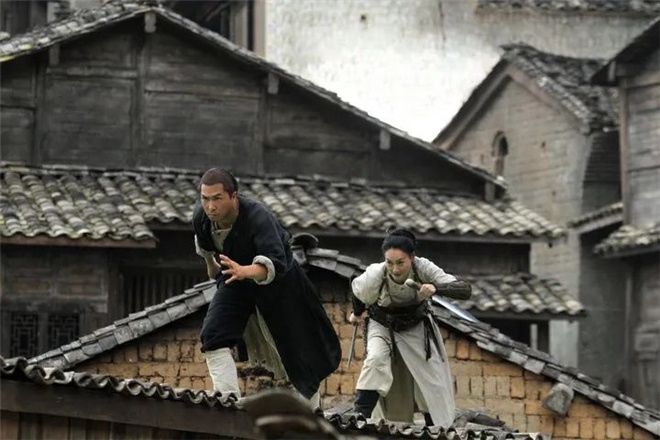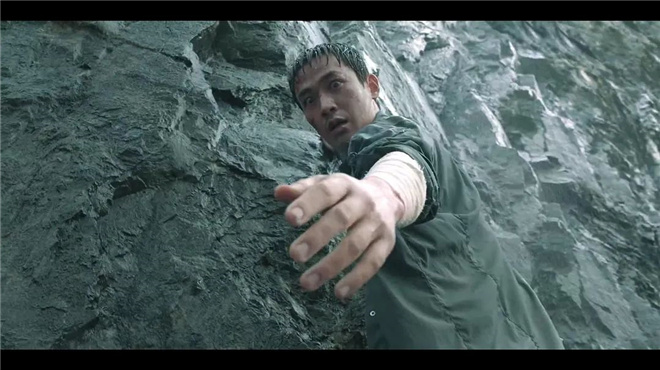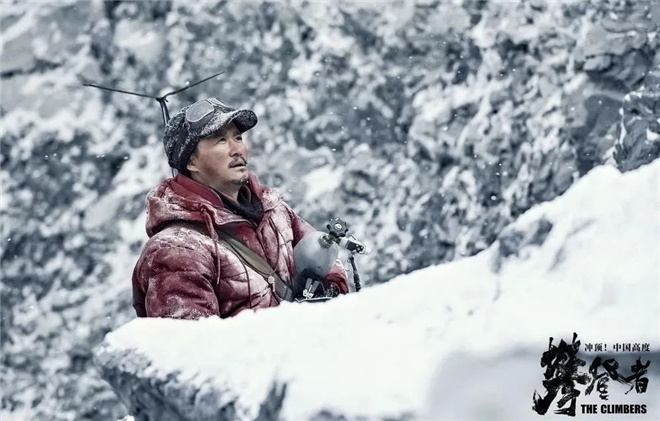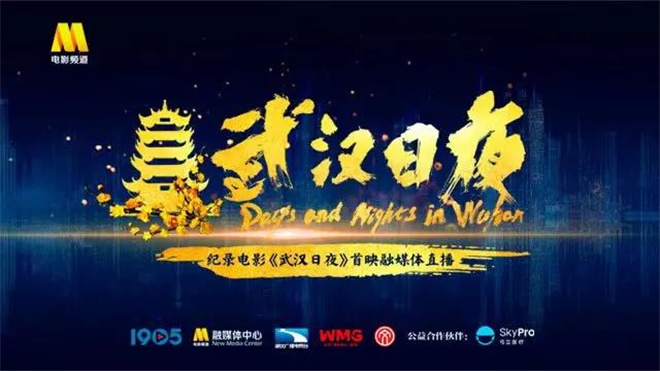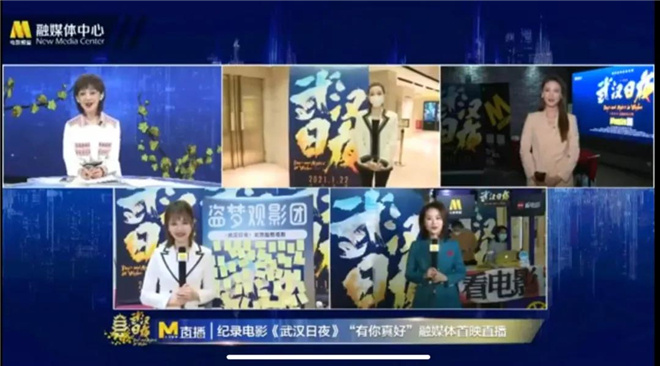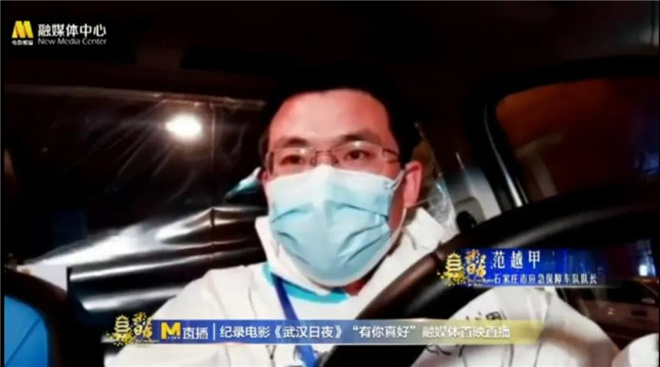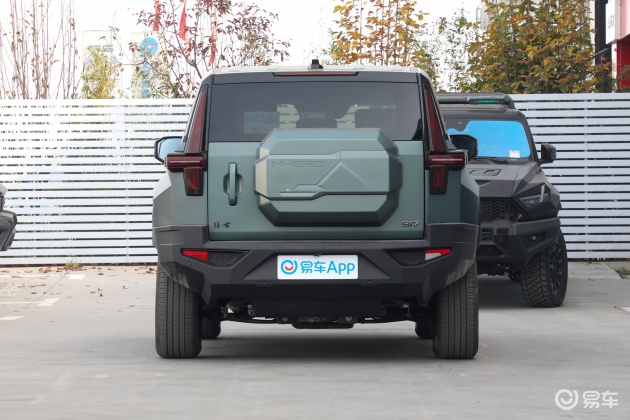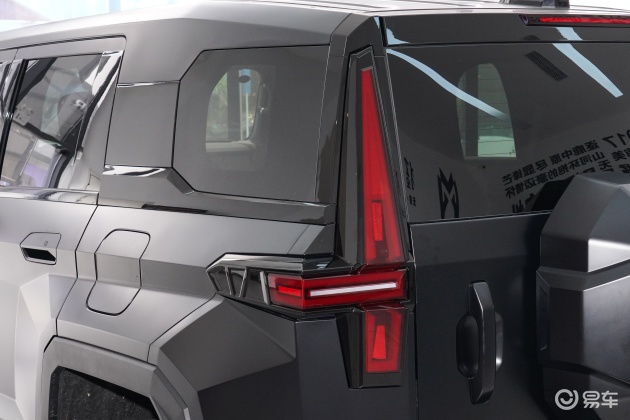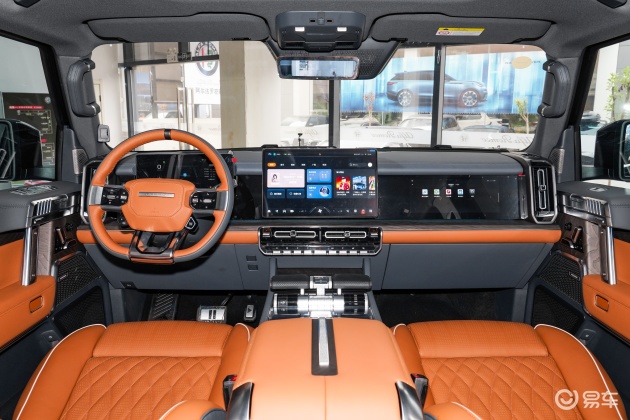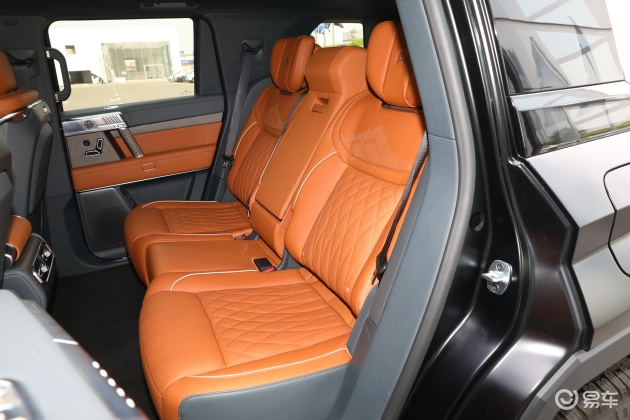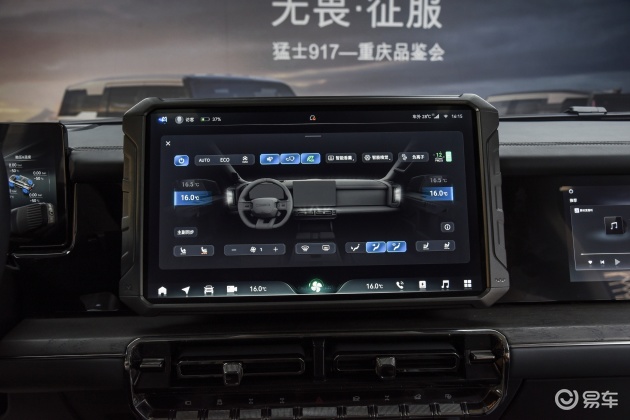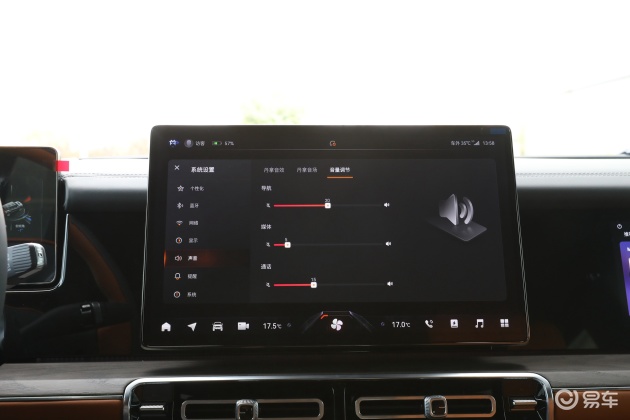The new king is here! Core i9
1. Preface: The upgraded Intel 7 process technology brings better 13th generation Core.
Originally, I didn’t expect much from the 13th generation Core. After all, the architecture hasn’t changed much, and the manufacturing process is still Intel 7. The biggest change of i9-13900K is just the addition of eight innocuous energy-efficient cores.
However, after we got the i9-13900K and i5-13600K processors, we did a detailed test and found that this was not the case. The changes and progress of the 13th generation Core processors are far beyond our imagination, and the surprises brought to us even exceed the original 12th generation Core i9-12900K.
So what changes has Intel made?

1. Nearly doubled L2 cache
I believe there is no need to say more about the importance of cache. Previously, everyone paid more attention to the three-level cache. After all, all cores can share it. But the second-level cache is also very important. The delay of the second-level cache is only 1/5 of that of the third-level cache. If the CPU can directly hit the required data from the second-level cache, it can also greatly improve the operation efficiency.
The 12th generation Core Alder Lake processor provides 1.25MB L2 cache for each P-Core and 2MB L2 cache for each E-Core. These two numbers have been increased to 2MB and 4MB respectively on the 13-core Raptor Lake processor, nearly doubling.
At the same time, Intel also optimized the prefetcher algorithm for the depth of E-Core L2 cache, making its IPC performance closer to that of P-Core.
In the 13th generation of Core processors, E-Core is not used to fill the number. In this article, we will do detailed tests to make everyone know E-Core more clearly and accurately.

Internal structure diagram of i9-13900K The area of 16 E-Core is much smaller than that of 8 P-Core.
2. Upgraded Intel 7 process technology
The upgraded Intel 7 process uses the 3rd generation Intel SuperFin transistor, which can significantly improve the channel mobility, reduce the resistance and internal heat of the chip, and enable the CPU to work at a higher frequency.
Therefore, the P-Core acceleration frequency of i9-13900K has reached an unprecedented 5.8GHz, and the whole core frequency is also 5.5GHz, which is 600MHz higher than that of i9-12900K.

The upgraded "Raptor Cove" P-Core has a very good voltage and frequency curve. Compared with the 12th generation Core Alder Lake, its voltage is 50mv lower at the same frequency, which can greatly reduce power consumption.
At the same voltage, it can achieve a frequency increase of 200MHz.
But according to our test, the actual situation is better than this. The i9-13900K in our hand can stabilize 5.5GHz at 1.13V, while the previous i9-12900K also needed 1.09V at 4.9GHz.
In addition, the 5.1GHz voltage of the whole core of the i5-13600K is 1.01V, while the whole core frequency of the i5-12600K can only reach 4.5GHz at 1.01V..
Please refer to our previous article for the voltage test of the 12th generation Core.:
In addition to the above changes, the 13-core Raptor Lake processor has also increased the memory running frequency, increased the LLC smart cache capacity (from 30MB to 36MB) and so on.

At present, there are six unlocked processors, two for i9, two for i7 and two for i5.
Among them, the flagship model is i9-13900K/13900KF, 8P+16E has 24 cores, 32 threads, 32MB L2 cache and 36MB L3 cache, and the maximum power consumption is 253W.
I7-137700K/1370KF is 8P+8E, with 16 cores and 24 threads, 24MB L2 cache and 30MB L3 cache, and the maximum power consumption is also 253W.
For mainstream users, i5-13600K/13600KF, 6P+8E have 14 cores and 20 threads, 20MB L2 cache and 24MB L3 cache, and the maximum power consumption is reduced to 181W.
This time we tested two processors, i9-13900K and i5-13600K.
Second, i9-13900K/i5-13600K picture reward: still the same.

This is the box we received. It’s not the same as the retail version, as usual.

After opening, there are two processors, the top is i5-13600K, and the bottom is i9-13900K.

I9-13900K, the shape is exactly the same as i9-12900K.

i5-13600K。

Packaged a photo of the chip structure, blue is 16 energy-efficient cores, occupying an area equivalent to nearly 3/4 of 8 energy-efficient cores (green).


Still LGA1700 interface, compatible with 600 and 700 series motherboards.

Intel also included a gift box, Wang Shouyi Thirteen Fragrances with Thirteen Generations of Core.

III. Introduction of ROG MAXIMUS Z790 HERO motherboard and BIOS





The back of the motherboard is also covered with a layer of armor.


There is one 12V 4Pin and two 5V 3Pin ARGB pins at the bottom.

Back I/O interface, 4 x USB 3.2 Gen1, 5 x USB 3.2 Gen2, 1xHDMI, 2x Thunderbolt 4, 1xType-1, 2xWi-Fi antenna interface, 5×3.5mm audio, 1xClear CMOS, 1xFlash BIOS Button.
The following is an introduction to BIOS settings.

CPU and memory overclocking interface, the lower right corner can also display the processor’s physique, in order to understand whether it is suitable for overclocking or greatly reducing the pressure.

This is i9-12900K, showing that the physique is 84.

The i9-13900K processor shows a physique of 100.
For this interface voltage setting, both i9-13900K and i5-13600K can set the voltage Offset -0.10V.

Enter "DIGI+VRM" to set the anti-drop pressure. In "CPU Load-line Calibration", there are 8 anti-drop pressure levels from Level 1 to Level 8 to choose from. The lower the level, the lower the voltage at high load.

The advanced options interface can choose to turn on and off the P core and E core.
Test platform: Gigabyte native 12VHPWR interface power supply+Zhiqi 6000MHz C30 sleeve.
The test platform is as follows:


The graphics card uses NVIDIA GeForce RTX 4090 Founder Edition. Originally intended to use the existing achievements of RX 6950 XT, which can reduce some workload, but considering that RTX 4090 has almost doubled performance, this time we re-tested the game frame rate of all processors with this graphics card.

Zhiqi Trident Z5 Neo flame halberd DDR5-6000 16GBx2 sleeve, its time sequence is only 30-38-38-96, the frequency is 6000MHz, and the voltage is 1.35V V..

We use Gigabyte UD1000GM PG5 1000W gold medal power supply, and the current of this power supply is as high as 83.3A, that is, the output power of 12V reaches the rated power of 1000W.

This power supply supports ATX 12V 3.0 standard, and provides a 12VHPWR interface. A single interface can provide 660W power, which can natively support the next generation PCIe 5.0 graphics card of AMD and NVIDIA, and does not need an additional 4x8PIN to 16Pin patch cord.

Xingu Kunlun KL-360 ARGB water-cooled radiator adopts an exclusive separate water pump, and a 70mm PWM fan is embedded in the cold head, which can directly blow to the power supply circuit of the motherboard, which can reduce the VRM temperature by 12 degrees compared with the traditional water-cooled radiator.

Seagate Cool Play 2TB SSD, one of the strongest PCIe 4.0 SSD at present, the sequential reading and writing speed can reach 7000MB/s, and AS SSD runs easily over 12000.

Asus player country PG27UQ ROG 27-inch IPS e-sports display that has been used for many years.
4K UHD(3840*2160) resolution, 4ms response time, 144Hz refresh rate, G-Sync technology, IPS+ quantum dot panel, 10bit color and Display HDR1000 certification are still the top e-sports displays on the market.
V. Theoretical performance test: Multi-core performance is comparable to that of Ruilong 9 7950X.
1、CPU-Z



2、CineBench R15



3、CineBench R20



4、CineBench R23



I9-13900K broke the 40,000 mark of multi-core performance for the first time.
5、POV-Ray



6、X264 FHD Benchmark



7、X265 FHD Benchmark



8、3DMark



I didn’t expect that the physical score of i9-13900K was 56155, while that of i5-13600K was less than 40,000.
9. Chess



The test data are summarized as follows:

Compared with the previous generation i9-12900K, the single-core performance of i9-13900K is improved by 11%, and the multi-core performance is improved by 48%, which naturally comes from higher frequency and more energy-efficient cores.
Compared with AMD processors, it is more complicated. I9-13900K surpassed Ruilong 9 7950X in multi-core performance in CPU-Z and CineBench R20/30, but it was greatly defeated in 7-ZIP and X265 FHD Benchmark. Of course, Zen4 processor’s support for AVX512 instruction set is also an important reason for its leading position.
Overall, the performance of i9-13900K single core is 2.6% better than that of Ruilong 9 7950X, while the performance of multi-core is 2% weaker. Of course, this data will change if the test items are different.
In addition, the physical scores of FritzChess Benchmark and 3DMark are for reference only and are not included in the final percentage operation.
VI. Game performance test: 11% ahead of I9-12900k.
1、CS:GO


2、GTA V

3. Assassin’s Creed: Hall of the Soul


This is the only game with i9-13900K frame rate lower than i9-12900K.
4. castle wolfenstein: New Blood.


5. Horizon: Dawn of Zero


6. The Age of Empire


7. Cry of the Island 5


8. Tomb Raider: Shadow


9. Extreme Racing: Horizon 5


10. Singularity ashes


11. world of tanks


12, no land 3


13, war machine 5


14. Midway World: The Shadow of War


15. Cry of the Island 6


The test data are summarized as follows:

We tested 16 games, and i9-13900K beat i9-12900K in other games except Assassin’s Creed: Hall of the Soul, with an average lead of 11%.
The game performance of i5-13600K failed to surpass i9-12900K, with a gap of 3%, but it was still 9% faster than its predecessor.
Due to the abnormal radiator of our Ruilong platform, the processor temperature is too high (it is not convenient to replace the epidemic situation), so the test score of Ruilong 9 7950X game is somewhat low. We will re-test as soon as possible and add the game data of Ruilong 9 7950X.
The results of Ruilong 5 7600X here are for reference only.
Seven, step-down and memory overclocking test: step-down has a surprise. 13900K can reduce power consumption by 80W.
The default power consumption of i9-13900K baking machine is very high, mainly because the automatic voltage given by the motherboard is too high, so we strongly recommend that students who buy this processor use it with reduced voltage.
1. Default voltage baking machine test

At first, the power consumption of i9-13900K roaster reached 306W, but in just a few seconds, the processor temperature would hit a 100-degree temperature wall, and the frequency of P-core roaster dropped from 5.5GHz to 5.3GHz. At this time, although the voltage was reduced, it still reached 1.270V, and the power consumption of roaster was 280W.

The situation of i5-13600K is much better. The default baking machine voltage is only 1.16V, power consumption is 144W, and the temperature is 75 degrees. When baking machine, the frequency of P core is 5.1GHz and the frequency of E core is 3.9GHz, and there is no frequency reduction.
2, step-down test
It is not recommended to set the voltage manually during step-down. A more reasonable way is to set the anti-drop voltage+Offset to reduce the operating voltage of the processor.

After repeated tests, set the Offset -0.11V in the Level 1 pressure-proof mode, and our i9-13900K can pass the test of AIDA64 FPU baking machine.
At this time, the voltage of i9-13900K dropped from 1.3V to 1.13V, and the power consumption also dropped from 306W to 235W, which was as much as 70W, and the temperature was only 84 degrees.
When baking machine, P core and E core run at 5.5GHz and 4.3GHz respectively, and there is no frequency reduction.

The i5-13600K can pass the baking machine test at the voltage of 1.01V, which is 0.15V lower than the default voltage. The power consumption of the baking machine is reduced from 144W to 111W, and the temperature is reduced from 82 degrees to 62 degrees, which is as much as 20 degrees lower.
Eight, memory overclocking test: the game performance of Xiaochao to 6400MHz is improved by 5%.
The test uses the memory DDR5-6000 of Zhiqi Trident Z5 Neo Flameproof, and its time sequence is only 30-38-38-96.

1. Memory and Cache Testing

Measured memory reads 91,136 MB/s, writes 83,533 MB/s and copies 82,804 MB/s, with a delay of 71.3ns, which is not as good as i9-12900K.

When the voltage is slightly increased from 1.35V to 1.4V, these two Qiqi memories can be overclocked to 6400MHz with the same time sequence of 30-38-38-96, and the delay is reduced from 71ns to 67ns now.

At the memory frequency of 6400MHz, the score of world of tanks rose from 83430 to 87498, an increase of about 5%.

After the memory is overclocked, the frame rate of Tomb Raider: Shadow is increased from 305FPS to 318FPS, which is about 4%.
It can be seen that in some 3A games, just overclocking the memory by 400MHz can bring about a 5% frame rate increase.
Nine, e nuclear test: strong performance is by no means a sum.
Many students are dismissive of the E-Core, thinking that it is used to make up the numbers. Is this really the case?
First of all, it is necessary to understand thatGracemont architectureE-Core, its performance is comparable to that of the 10th generation Core with the same specifications.
Because i9-13900K can’t shut down all P-Cores, we take a compromise method, shut down all E-Cores, test the multi-core performance of eight P-Cores, and then calculate the performance data of energy-efficient cores, which is not particularly accurate but has reference value.
1、CPU-Z

The multi-core score of eight functional cores is 9075, while the total score of i9-13900K is 16977, so the score of 16 E-Core is 7902.
2、CineBench R15

The 8 P-Core multi-core score is 3200cb, and the 16 E-Core conversion is 3052cb.
3、CineBench R20

The 8 P-Core multi-core score is 8593cb, and the 16 E-Core conversion is 6819cb.
4、CineBench R23

8 P-Core multi-core score is 22426cb, and 16 E-Core conversion is 17634cb.
5、POV-Ray

The 8 P-Core multi-core score is 7233PPS, and the 16 E-Core conversion is 5993PPS.
6、7-Zip

The 8 P-Core multi-core score is 100691MIPS, and the 16 E-Core conversion is 87356 MIPS.
7、X264 FHD Benchmark

8 P-Core multi-core score is 114FPS, and 16 E-Core conversion is 96FPS.
The test data are summarized as follows:

From the data point of view, the 16 E-Cores of i9-13900K provide 46% of the total performance, which is almost the same as the 8 P-Cores.
In addition, E-Core has no hyper-threading. With the support of hyper-threading, its performance will definitely exceed 8 performance cores. It is speculated that the reason why Intel didn’t add hyper-threading to the energy-efficient core may be the performance scheduling problem of the virtual core.
Without hyper-threading, the theory of 16 E-Core is 10% stronger than that of 10-core and 20-thread i9-10900K, and 40% stronger than that of 8-core i7-10700K.
X. Summary: i5-13600K does not toss i9-13900K to provide the strongest game performance.
There are many problems encountered in the test. Let’s list them one by one!
1. Power consumption-it is strongly recommended to step down the voltage.
The power consumption of i9-13900K fully default roaster exceeds 300W W. Even if it hits the temperature wall and starts to reduce the frequency and voltage, the voltage is still as high as 1.27V, the power consumption is also 280W, and the frequency is 5.2GHz.
This is tested under the condition of 360 water cooling. If air cooling is used, I really don’t know where the frequency will drop.
But in fact, we all know that the automatic voltage given by the motherboard is actually much higher than the optimal voltage value of the processor.
We did a blood pressure test,In the end, i9-13900K can pass the AIDA64 FPU baking machine test at a low voltage of 1.13V, the power consumption is reduced to 233W, the temperature is only 80 degrees, and the frequency of the whole core is stable at 5.5GHz.
Similarly, i5-13600K can reduce the silent pressure from 1.16V to 1.01V to ensure the stable operation of the whole core at 5.1GHz, with a full reduction of 0.15V, power consumption from 144W to 111W, and the baking machine temperature is only 60 degrees.
2. About overclocking
Overclocking is not recommended, after all, the full-load power consumption is still 233W after buck. However, considering that 1.13V can reach the full-core 5.5GHz, if you have a strong enough cooling system, it seems that it will not be difficult to impact 6GHz at 1.3V voltage.
On the contrary, we suggest that you overclock the memory. The delay of DDR5 is too high, and overclocking the memory can effectively reduce the delay and increase the bandwidth.
We just increased the memory of the Trident Z5 Neo Flametongue DDR5 from 6000MHz to 6400MHz, and the game performance was improved by 4~5%.
This upgrade is not at the cost of huge power consumption and temperature like processor overclocking.
3. Game performance
At the beginning, i9-12900K improved the game frame rate by 7% on the basis of i9-11900K, which has already amazed us.
Compared with i9-12900K in 16 games, the average frame rate of i9-13900K has increased by 11%. You know, the architecture has not changed much, and the process technology is still Intel 7 (of course, it is also an upgraded version). It is really a surprise to have such an improvement.
As for i5-13600K, unfortunately, its performance does not exceed i9-12900K, with a gap of about 3%. You know, its single-core L2 cache is almost twice that of the latter, and its full-core frequency is also higher.
However, considering that its power consumption is only more than half that of 12,900 K, this performance is actually very suitable for ordinary players who pursue cost performance. After all, there is no need to toss and cool.
In addition, due to the malfunction of the radiator of the Ruilong platform, the game test data of the Ruilong 9 7950X is abnormal. We did not add the game test data of this processor this time, and we will make it up as soon as possible.

4. About Energy Efficiency Core (E-Core)
First of all, the energy efficiency core is not used to make up numbers. According to our test data, 16 E-Core provides nearly 1.5 times the theoretical performance of i9-13900K.
In addition, due to its extremely low frequency (4.3GHz), with the support of the second-generation Intel 7 process, we initially measured that its full-load power is about 60W, accounting for only about 1/4 of the total power consumption of the processor.
It provides nearly half of multi-core performance with 1/4 power consumption, which is actually very cost-effective for users.
It is precisely because of this that eight P-Cores can have enough power consumption to increase the whole P-Core frequency to the horrible 5.5GHz, bringing the strongest single-core performance and higher game frame rate.
It is expected that hybrid architecture design will become the mainstream in the future, with a small number of performance cores providing the best game experience, while a large number of energy-efficient cores can improve creative efficiency.
5. Motherboard
For users of i5-13600K, a B760 within 1,000 yuan or a B660 of the previous generation can meet the demand. After all, even if the voltage is not reduced, its full-load power consumption is only 150W.
But for i9-13900K, step-down is necessary, and the step-down ability varies according to the motherboard model.
We have tested on several Z790 motherboards one after another. At present, ROG MAXIMUS Z790 HERO motherboard is the best one, which can keep i9-13900K stable at 5.5GHz full-core frequency under 1.13V voltage, and the baking temperature is only 80 degrees. If the pressure is not reduced, no integrated water cooling system can suppress its power consumption of more than 300W W.
So obviously, I don’t want to toss and my budget is limited. i5-13600K is the best choice. It provides nearly 90% of the conventional performance and 97% of the game performance of i9-12900K with more than half the power consumption, and it can be used with a thousand yuan motherboard and a hundred yuan radiator.
I9-13900K can provide the strongest game performance at present. Compared with i9-12900K, I9-13900k leads by more than 20% in many games, including those games that don’t eat CPU performance, the overall lead is also 11%.
Considering that the game performance of Ruilong 9 7900X is only 2% better than that of i9-12900K, it is still a question mark whether the expected Ruilong 9 7900X3D can beat i9-13900K!
By the way, isn’t there an i7-13700K in the middle, so what’s its performance? Stay tuned!




















































